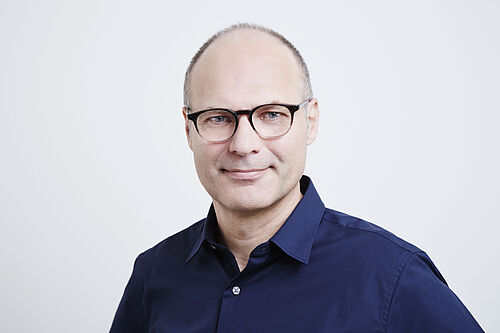
Optimise form designs, use materials more efficiently and thus reduce CO2 emissions: The future of construction is digitally printed! The Collaborative Research Centre Transregio 277 "Additive Manufacturing in Construction" (AMC) of TU Braunschweig and TU München aims to significantly shape the digitalisation of construction. Materials, processes and design are being completely rethought through the use of innovative 3D printing methods. The researchers are focusing on resource- and energy-efficient as well as sustainable construction. The excellent research infrastructure at both universities and the complementary expertise in additive manufacturing in the construction industry form the basis for the research network.
The construction industry is facing an urgent challenge to reduce ...
In order to complement traditional steel construction with complex geometries, ...
Resource efficiency, fewer emissions, shorter construction phases, improved occupational safety ...
Houses, roads, bridges – construction is always in progress. But ...
Digital manufacturing in construction is not yet widespread, despite some progress. It also faces challenges with regard to the individuality and thus the complexity of construction projects. Standardised formwork and semi-finished products encourage inefficient use of materials, which - against the backdrop of the enormous demand for resources in the construction industry - contributes significantly to global CO2 emissions. Our researchers want to advance the digitalisation of the construction industry and contribute to the sustainability of construction. The aim of the Collaborative Research Centre TRR 277 "Additive Manufacturing in Construction" (AMC) is to use additive manufacturing to apply material only where it fulfils a function, thus paving the way for resource-efficient use of materials with a high degree of design freedom in construction. In interdisciplinary teams, scientists* from the fields of civil engineering and mechanical engineering research complex questions about materials, process engineering, control, modelling, design and construction.
The Collaborative Research Centre AMC has grown to 108 members by 2023 - with 80 scientists conducting research in 18 sub-projects. 32 institutes are involved in the AMC, 14 of them at the TU Braunschweig and a further 14 at the TU München. In addition, there are scientists from TU Berlin, Leibniz Universität Hannover and TU Chemnitz. The cooperation between the various institutes and universities within the Collaborative Research Centre creates a dynamic research environment that forms the basis for innovative scientific findings and technological developments.
In total, our researchers have published about 110 scientific publications, held 30 international keynote speeches and received several prizes and awards, including the German Innovation Award 2021, the Iconic Award and German Design Award 2022, Finalist and Special Mention at the 3D Pioneers Challenge as well as other awards for outstanding scientific work. The AMC regularly invites outstanding international scientists from various disciplines for longer stays, who use their expertise to support the project staff. With workshops at the Digital Day and Future Day as well as LabDays, the AMC shows pupils that technology can be fun and what opportunities the digital manufacturing process offers for sustainable developments in the construction industry.
Are you a representative of the press or politics and have questions about our research? Our scientists will be happy to share their knowledge and expertise with you.
Meike Bährens
PR & Communication Coordinator
Phone: +49 531 391 3579
m.baehrens(at)tu-braunschweig.de

Prof. Dr. Harald Kloft
Speaker of the Collaborative Research Centre TRR277 AMC
Phone: +49 531 391 3571
h.kloft(at)tu-braunschweig.de

